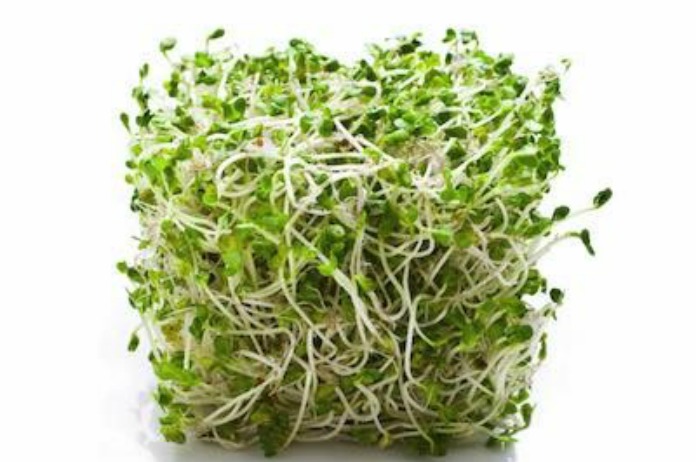Raw sprouts have been the cause of several food poisoning outbreaks in the last several years. In 2012, there were many recalls of raw sprouts for bacterial contamination. Several facilities, including Kroger and Jimmy John’s, decided to stop offering sprouts for sale altogether, although Jimmy John’s put the vegetables back on their menu in October 2012.

The Centers for Disease Control and Prevention (CDC) has been warning those in high risk groups to avoid sprouts completely, unless they are thoroughly cooked. And FoodSafety.gov just released information about what you, as a consumer, should know about sprouts.
Since 1996, there have been at least 30 outbreaks of foodborne illness associated with “raw and lightly cooked sprouts”. The most common pathogens involved were Salmonella, Listeria, and E. coli.
Attorney Fred Pritzker has called on all restaurants to stop using raw sprouts “unless an explicit food safety warning is provided on menus.” Pritzker, who has successfully sued restaurants and facilities on behalf of people sickened by sprouts, also stated that “more than a decade of concentrated effort by regulators and sprout suppliers has failed to make raw sprouts safe to eat.”
There are two problems with sprouts: how they are grown and how they are sprouted. The seeds used to grow sprouts can be contaminated in many ways, from feces from domestic or wild animals, contaminated irrigation water, or runoff from large farms. In fact, the bacteria may be encapsulated within the seed, which means cleaning the seeds does not get rid of the pathogens. The way seeds are sprouted contributes to the problem. The seeds are placed in a warm, moist environment, which is the perfect medium for pathogenic bacterial growth. Homegrown sprouts are not any safer than commercially grown sprouts. It takes just a few bacteria to contaminate an entire supply.
To reduce the risk of illness, public health officials recommend that children, pregnant women, the elderly, and anyone with a weakened immune system or chronic illness avoid raw sprouts of any kind, including alfalfa, clover, radish, and mung bean. If you do want to eat sprouts, cook them thoroughly to kill harmful bacteria. And when dining out, request that raw sprouts are not added to your food. Taking them off food won’t work; the bacteria most likely has already contaminated the food at that point.




